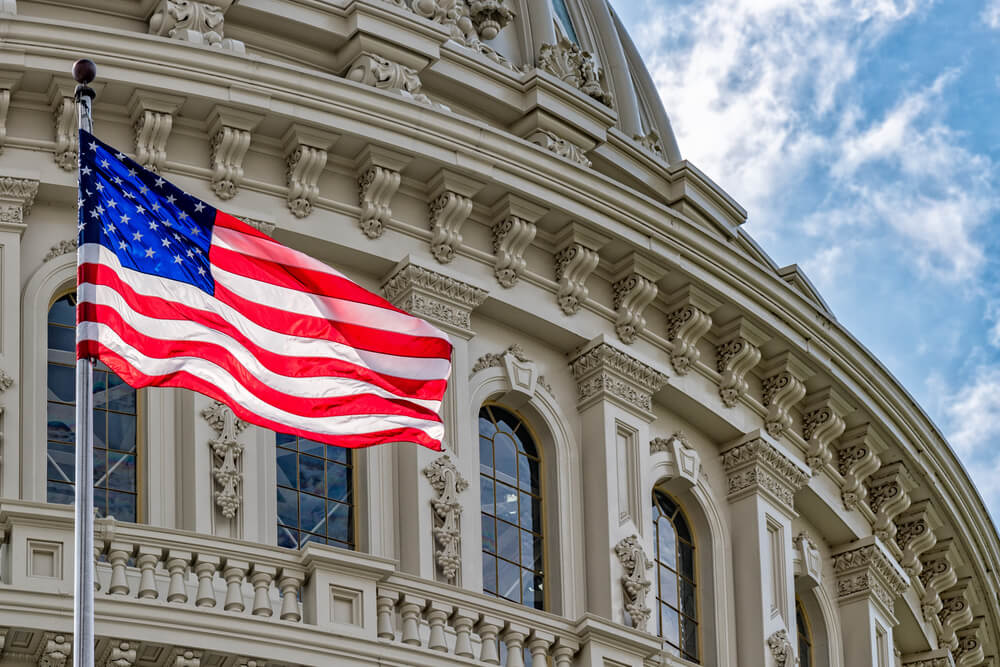Last week, the U.S. House of Representatives passed the Equality Act (H.R. 5) which specifically defines and includes sex, sexual orientation, and gender identity among the prohibited categories of discrimination or segregation. And while it is important that America lives out our founding assertion that “all men are created equal” many religious Americans have serious concerns that the Equality Act would actually permit discrimination against people of faith.
Mary Hallan FioRito, a Fellow at the Ethics and Public Policy Center, stopped by The Drew Mariani Show™ to discuss the Equality Act and the impact it could have on our society if it is passed by the Senate.
FioRito explained that this is not the first time that the Equality Act has been passed by the House of Representatives.
She said, “The Equality Act was legislation introduced in the United States House of Representatives in 2019, and it passed by a fairly comfortable margin. I myself think the vote was skewed toward the high side because everyone voting for it knew it would go nowhere in the Senate. They did not have the votes in the Senate to pass it.”
However, with the 2020 election changing things in the Senate some see the passing of the Equality Act as more of a possibility this time around. This is concerning for many people of faith in America.
The United States Conference of Catholic Bishops (USCCB) said that the bill is “well-intentioned, but ultimately misguided” and that it “discriminates against people of faith, threatens unborn life, and undermines the common good.” The main concern that the USCCB raises with the Equality Act is that it codifies gender ideology in federal law, treating gender as merely a “social construct”.
FioRito expounded on the USCCB’s concern and how it affects religious freedom, noting, “The act is incredibly extreme. The most salient point for your listeners to know is that RFRA (the Religious Freedom Restoration Act) specifically does not apply to anything in the Equality Act.”
“This takes out, for all religious institutions, all sorts of the protections that were guaranteed not only under the First Amendment’s free exercise clause but also under the Religious Freedom and Restoration Act, which protects religious social service agencies, hospitals, and schools from not having to violate our consciences,” she explained.
If passed, this bill could force many religiously operated organizations and faith-based ministries to choose between violating their beliefs about the human person or shutting down.
“The scope of this act, were it to pass, would be tremendous,” FioRito said. “It would affect women’s sports, it would affect Catholic schools, it would affect Catholic hospitals that refuse to do hysterectomies on women who now believe they are men, because Catholic hospitals don’t do hysterectomies unless there is an actual medically-indicated reason for it.”
The USCCB noted in their statement on the Equality Act, “The Catholic Church is the largest non-governmental provider of human services in the United States, helping millions of Americans in need through its parishes, schools, hospitals, shelters, legal clinics, food banks, and charities. … By running roughshod over religious liberty, the Equality Act directly undermines the Church’s ability to fulfill that call.”
For continuing coverage of the Equality Act, tune-in to The Drew Mariani Show weekdays from 2:00 – 5:00 p.m. Central on Relevant Radio® and the Relevant Radio App.


